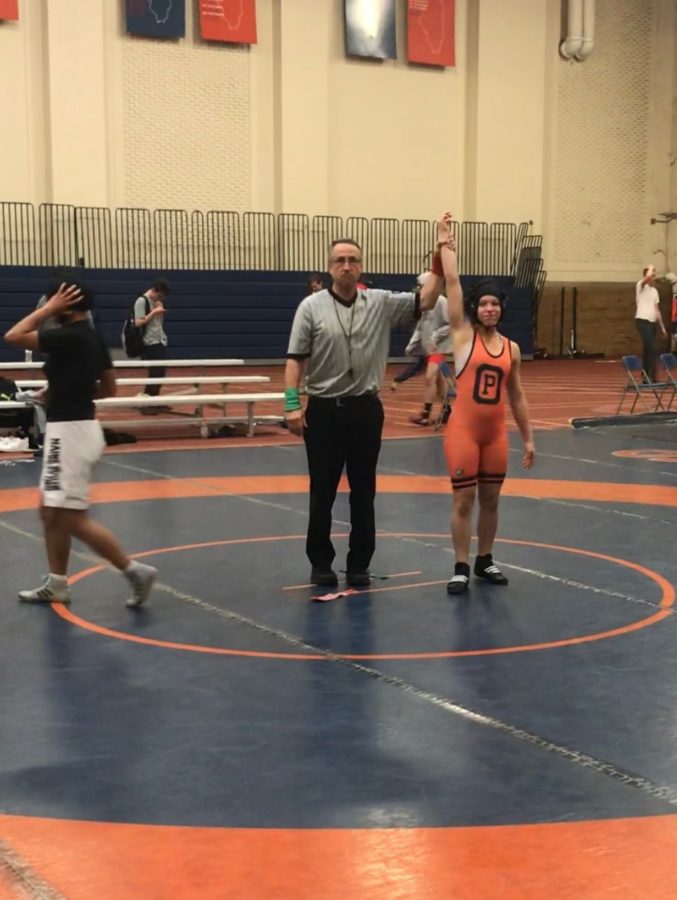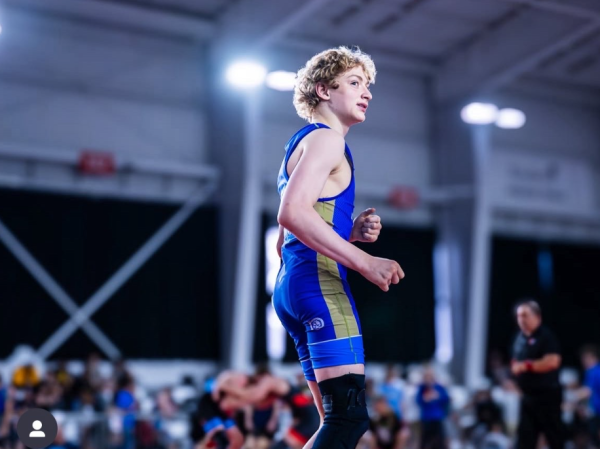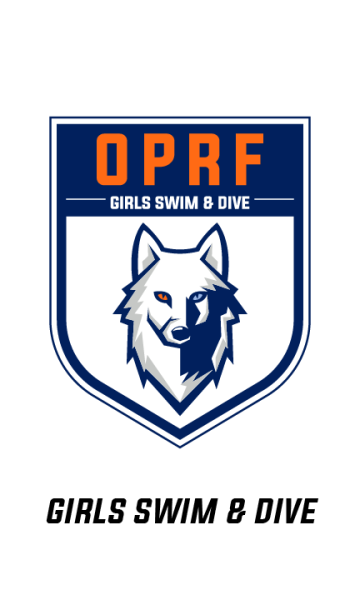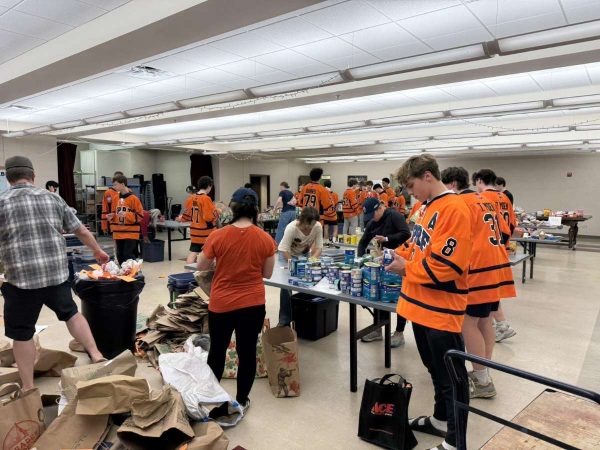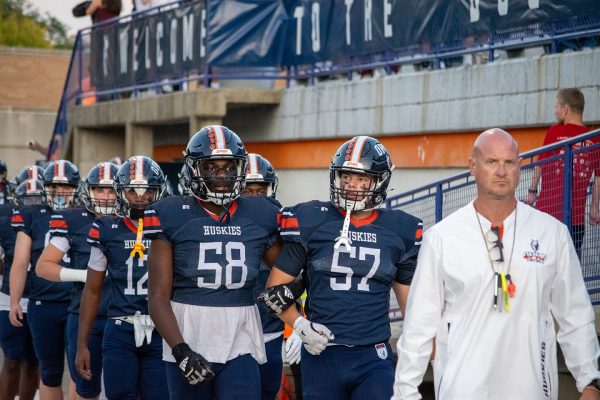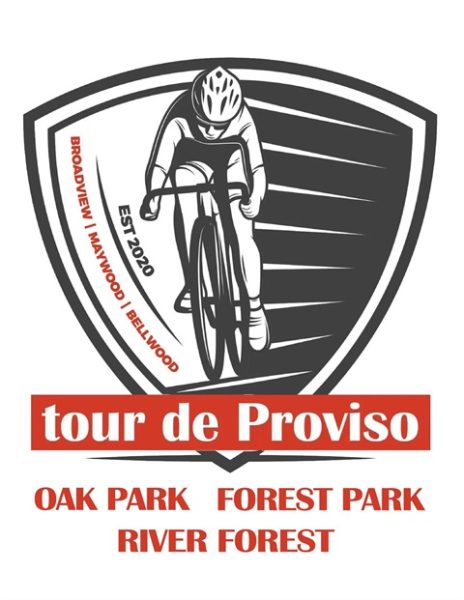Athlete in Focus: Aliyah Aldridge
As the match began, everything went silent. The people and noises of fans, coaches, and refs ceased to exist. The only things before Aliyah Aldridge were the mat and her opponent: also a first-year wrestler.
There was one glaring difference. Aldridge was a female and despite having all the same drive, her opponent was male and thus favored to win. To get to the same match as her opponent, she’s had to work past the the deeply-embedded sexism that faces female wrestlers today.
In one swift move, she won her first match and the noise once again swirled around her. In that moment, Aldridge recalls “feeling at home.”
Five years later, she still feels that same sense of home every time she approaches the mat – but being a female in a male-dominated sport is far from easy. Once, a boy refused to wrestle her altogether solely because of her gender.
“That brought me to my lowest point,” she recounts. “I just wish people would understand that even though we are girls, we still love the sport just as much as anyone else.”
At OPRF, she is a member of the girls’ team. All wrestlers train together for the majority of practices. In the mornings, girls have separate practices starting around 6am, but after school, both groups combine and endure the same training.
“We train just as hard, if not harder because we also have to face sex barriers. We work the same moves and techniques,” she said. “When I’m on the mat, whether it’s a practice or a tournament, I have to put my all into it.”
Aldridge feels the weight of her gender at OPRF and tournaments alike, where preconceived notions about girls in wrestling result in different treatment.
“We aren’t taken as serious(ly),” she says. “I’m not given the opportunities to have as much support as I want. Guys get a lot more opportunities to continue their wrestling career at a higher level.”
Despite setbacks from sexism and an injury in middle school, she has plans to wrestle in college. While there are now about 15 females on the OPRF team, few are interested in progressing to a higher level.
“The coaches like that there’s a girls’ team because there are more competitors,” she says, “but sometimes they don’t take it as serious because the majority of girls aren’t interested in continuing after high school.”
Her best moment in wrestling came when coaches started asking about her future plans.
“I had been wrestling and I was so tired, but coaches from other schools asked me about my career. I was starting to feel that support, even though I was a girl.”
One of the most important parts of wrestling to Aldridge is the camaraderie it has fostered. The people and empowering nature of wrestling has kept her involved in the sport for the past five years.
“I’ve developed a lot of family within it,” she says. “Your life starts to revolve around it, so you are around them at your lowest and highest moments.”
Lila Stratman, who graduated last year, has been one of her biggest inspirations.
“She got me into training,” says Aldridge. “She influenced me to show my differences and be proud of them. I am a female in a boy-dominated sport, but I’m okay with that.”

